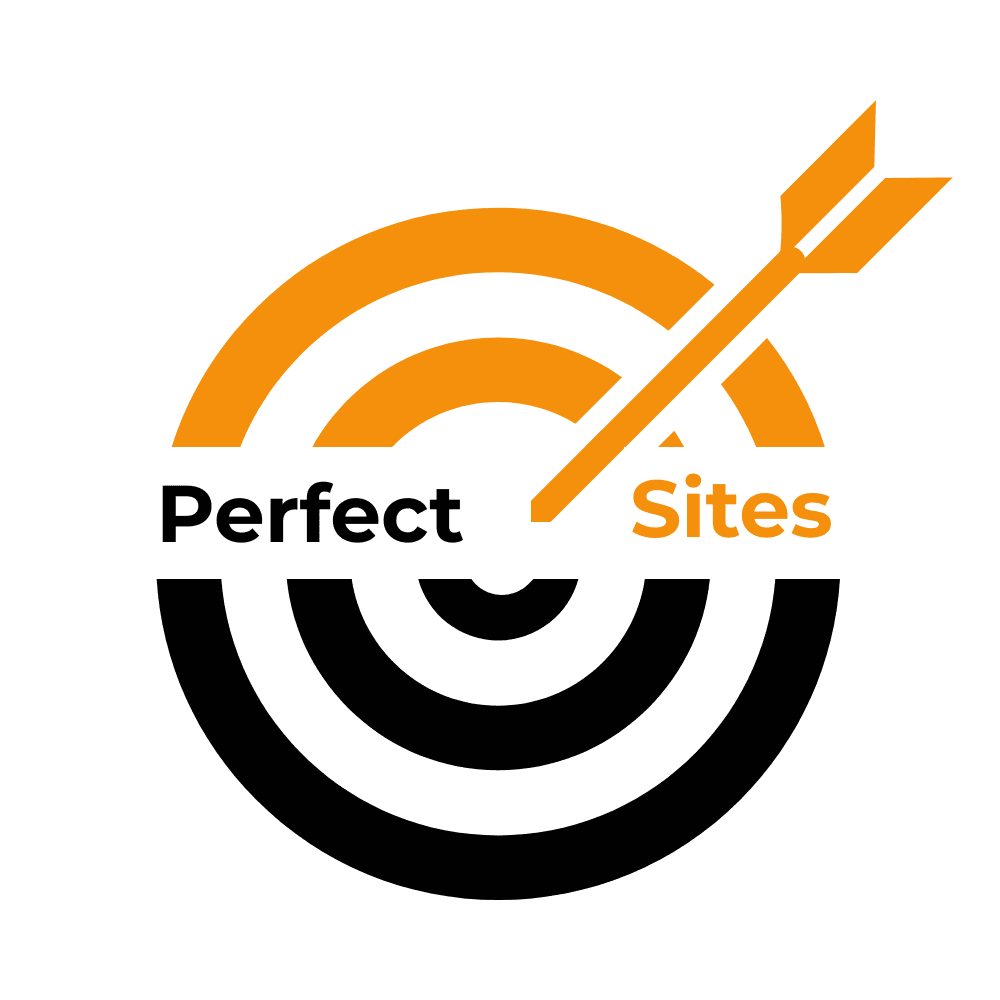Pittsburgh’s got character. It’s the kind of city where you can grab pierogies at a church fundraiser, watch a Steelers game with strangers who instantly become friends, and then argue passionately about the best route through the Liberty Tunnels. So if you’re trying to drive website traffic here, you’re not just chasing clicks; you’re trying to connect with real people in a city that notices when you get the details right. Miss the mark, and they’ll scroll right past you.
Let’s talk about how to get noticed.
Start where it counts: Local SEO that actually feels local
Most people don’t search for “great HVAC company.” They search for “HVAC repair Squirrel Hill” while their furnace makes that weird noise again. According to BrightLocal, 98% of consumers used the internet to find local businesses in 2023. That’s nearly everyone. If your Pittsburgh business isn’t showing up in those searches, it’s not just a missed opportunity; it’s a disappearing act.
So what do you do? Claim your Google Business Profile and fill it out like it matters, because it does. Add photos. Keep your hours updated. Respond to reviews like a human. Then, use structured data markup so Google knows who you are and where you live, digitally speaking. Don’t forget citations on local directories like Pittsburgh.net or VisitPittsburgh.com. These tell search engines, “Yep, this place is legit, and it’s in
Pittsburgh.”
Make content that sounds like it lives here
Generic blog posts are like store-bought cookies. Technically fine, but nobody remembers them. If you want people to stick around, write content that sounds like it could only come from Pittsburgh. Think: “How Pittsburgh Weather Wrecks Your Roof (And What You Can Do About It)” or “Top 5 Coffee Shops in Lawrenceville That Aren’t Pretending to Be in Brooklyn.”
This kind of hyperlocal content doesn’t just rank better in search; it gets shared more. Especially in places where Pittsburghers hang out online, like Facebook neighborhood groups or Reddit’s r/pittsburgh. You’re not just publishing content; you’re joining the
conversation.
Paid ads? Yes. But aim with precision
Throwing money at ads without targeting is like tossing Primanti Bros. sandwiches into the Monongahela and hoping someone downstream is hungry. Geo-targeted PPC campaigns let you focus on neighborhoods where your customers actually live. Want more foot traffic in Oakland? Target that zip code. Want to reach homeowners in Mount Lebanon? Same deal.
Use location-specific ad copy that acknowledges, well, reality. A Google ad that says “Roof Repair in Pittsburgh” performs better than one that says “Expert Roofing Solutions.” Why? Because people trust businesses that know where they are. Tools like Google Trends can help you spot seasonal spikes in local searches too. Spoiler: “AC repair” gets real popular in July.
Influencers aren’t just for skincare brands
You might think influencer marketing is just for people selling protein powder or teeth-whitening kits. But Pittsburgh has a surprisingly strong bench of micro-influencers. These are folks with 1,000 to 10,000 followers who post about food, fitness, parenting, or even local history. They have loyal, local audiences; and they’re affordable.
If you run a bakery in Bloomfield, teaming up with a local food blogger who reviews your new biscotti could bring in more traffic than a billboard. Use platforms like Upfluence or Heepsy to find creators who live here and care about what they promote.
Backlinks from Pittsburgh sites still matter (a lot)
Google’s algorithm still loves backlinks. But not all links are created equal. Getting mentioned in a Pittsburgh-based blog or news outlet carries more weight than a random link from a site in Nevada. Try guest posting on NextPittsburgh.com or getting a feature in the Pittsburgh City Paper. Even a sponsorship listing on PGHCityLiving.com can help.
You can use tools like Ahrefs or SEMrush to see which sites are already linking to you, and which ones should be. Think of it like networking, but for your website.
Host real events. Promote them like a marketer.
Whether it’s a small business workshop in the South Side or a webinar about digital trends in PA, events give people a reason to visit your site. Especially if you create a landing page specifically for it, with keywords like “Pittsburgh marketing event” or “SEO seminar in East Liberty.”
Promote the event across Eventbrite, Facebook, and even local Meetup groups. And here’s the kicker: use UTM parameters when you share the links. That way, you can actually see which platform sent the most traffic. No guesswork.
Email: Still kicking, still converting
Email isn’t dead. It’s just gotten smarter. Segment your list by geography and send Pittsburgh-specific campaigns. Mention the Pirates’ opening day, the Three Rivers Arts Festival, or even that one week in March when it’s 70 degrees for no reason. People open emails that sound like they were written by someone who lives nearby.
Mailchimp and Klaviyo both make this kind of segmentation easy. And if you’re not personalizing your subject lines at this point, you’re leaving money on the table.
So, what’s the point of all this?
Driving traffic in Pittsburgh isn’t about chasing trends or copying what works in bigger cities. It’s about understanding how people here search, scroll, and spend. It’s about sounding like you belong. When your site feels local, your offers feel relevant. And when your content feels familiar, people trust you.
And that trust? It’s what turns clicks into customers.
That’s the view from the ground.
We’ll be back soon with more real-world insights.
Until then, keep building.
– Perfect Sites Blog

